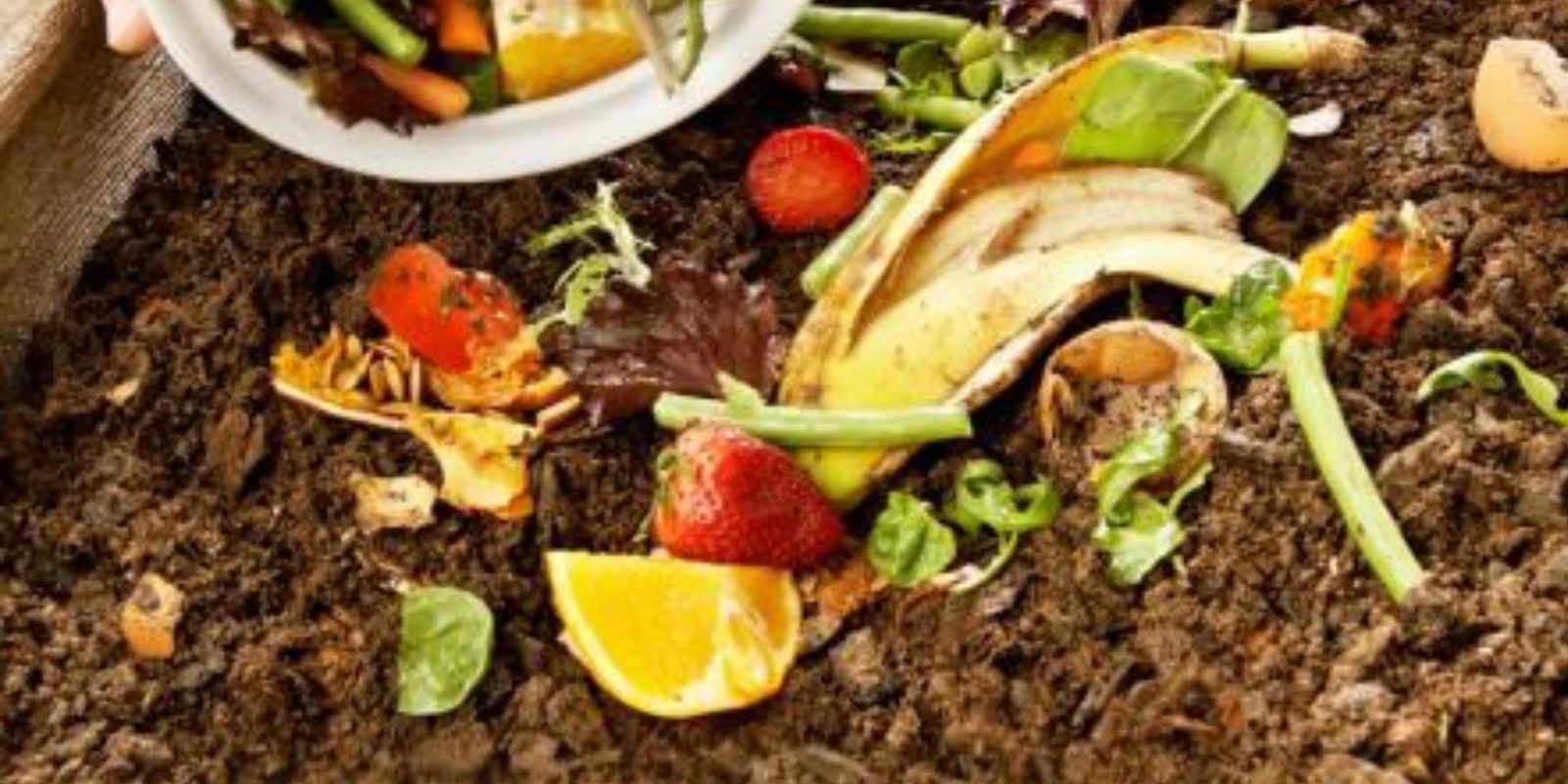Introduction
Composting is not just a method of waste reduction; it’s a sustainable practice that turns organic materials into nutrient-rich soil amendments, often referred to as “garden gold.” By composting kitchen scraps, yard waste, and other organic matter, you can create a valuable resource for your garden while reducing your carbon footprint. This comprehensive guide will walk you through the essential steps of composting, helping you harness the power of decomposition to enrich your soil and cultivate healthier plants.
Understanding Composting
Composting is a natural process where microorganisms break down organic materials into a rich, dark, earthy-smelling substance known as compost. This nutrient-dense material improves soil structure, retains moisture, and provides essential nutrients for plant growth. Whether you’re an avid gardener or a novice enthusiast, mastering composting techniques can significantly enhance your gardening success.
Step-by-Step Guide to Composting
- Choosing a Compost Bin or Pile
- Container Selection: Select a suitable container or designate a composting area in your yard. Options include bins, tumblers, or simple piles.
- Location: Place your composting setup in a convenient spot with good drainage and airflow. Direct contact with soil can help beneficial organisms access the pile.
- Collecting Organic Materials
- Green Materials: Include nitrogen-rich materials such as fruit and vegetable scraps, coffee grounds, and fresh grass clippings.
- Brown Materials: Add carbon-rich materials like dry leaves, straw, shredded paper, and wood chips. Balancing green and brown materials is key to successful composting.
- Layering and Turning
- Building the Pile: Alternate layers of green and brown materials to promote airflow and prevent matting. Aim for a ratio of roughly 2:1 (carbon to nitrogen).
- Turning the Pile: Regularly turn the compost pile with a pitchfork or compost aerator to mix ingredients and aerate the pile. This speeds up decomposition and prevents odors.
- Monitoring Moisture and Temperature
- Optimal Conditions: Keep the compost pile moist, like a wrung-out sponge. Water as needed during dry periods, but avoid waterlogging.
- Temperature Control: Monitor the internal temperature of the compost pile, which should ideally range between 110°F to 160°F (43°C to 71°C) during active decomposition. This heat indicates microbial activity breaking down materials.
- Aeration and Decomposition
- Benefits of Aeration: Turning the compost pile introduces oxygen, which accelerates decomposition and prevents anaerobic conditions (which can cause odors).
- Patience and Time: Depending on factors like pile size, materials used, and environmental conditions, composting can take several weeks to several months to produce finished compost.
- Harvesting Your Compost
- Signs of Readiness: Finished compost resembles dark, crumbly soil with an earthy smell and no recognizable organic materials.
- Sifting (Optional): For a finer texture, sift compost through a mesh screen before applying it to your garden beds.
- Application: Use compost to enrich garden soil, topdress lawns, amend planting holes, or create nutrient-rich potting mixes.
Benefits of Composting
Composting offers numerous benefits beyond enriching soil fertility:
- Environmental Impact: Reduces landfill waste and methane emissions.
- Soil Health: Improves soil structure, fertility, and water retention.
- Plant Nutrition: Provides essential nutrients and beneficial microorganisms for healthier plants.
- Cost Savings: Reduces the need for chemical fertilizers and soil conditioners.
Conclusion
Mastering composting is a rewarding journey that transforms organic waste into a valuable resource for your garden. By following the steps outlined in this guide, you can create nutrient-rich compost that enhances soil health, conserves resources, and supports sustainable gardening practices. Whether you’re composting in a small urban space or a sprawling backyard garden, the benefits of composting extend far beyond your plants—they contribute to a healthier environment and a greener future.
Start your composting journey today and witness the transformation of waste into “garden gold” that nourishes your plants and enriches your gardening experience!
This article provides a comprehensive guide to mastering composting, empowering gardeners to turn organic waste into nutrient-rich soil amendments for healthier plants and sustainable gardening practices.

